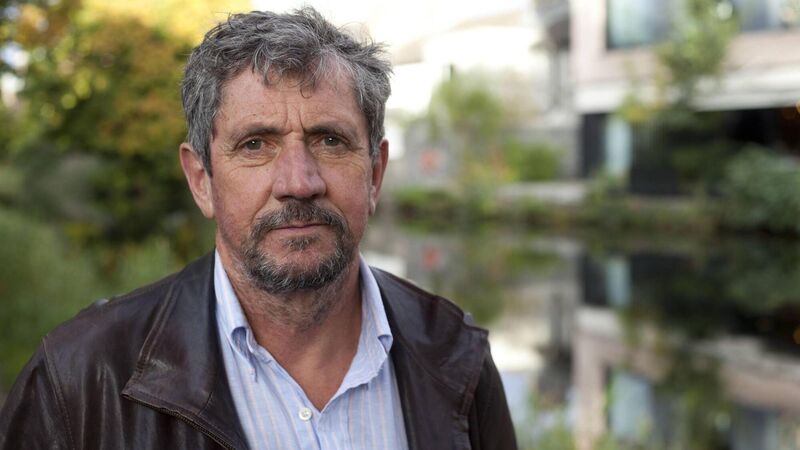Charlie Bird picks his favourite music, TV shows and general inspirations

Charlie Bird is now a presenter on the Senior Times podcast.
Try from €1.50 / week
SUBSCRIBE
Charlie Bird is now a presenter on the Senior Times podcast.
Charlie Bird, 71, grew up in Goatstown, Dublin. As RTÉ’s chief news correspondent, he covered global crises and broke several landmark Irish news stories during a reporting career that stretches back to the 1970s. He is a presenter on the Senior Times podcast.
Chernobyl drama brought back memories
Already a subscriber? Sign in
You have reached your article limit.
Annual €130 €80
Best value
Monthly €12€6 / month
Introductory offers for new customers. Annual billed once for first year. Renews at €130. Monthly initial discount (first 3 months) billed monthly, then €12 a month. Ts&Cs apply.
Newsletter
Music, film art, culture, books and more from Munster and beyond.......curated weekly by the Irish Examiner Arts Editor.
Newsletter
Music, film art, culture, books and more from Munster and beyond.......curated weekly by the Irish Examiner Arts Editor.
© Examiner Echo Group Limited